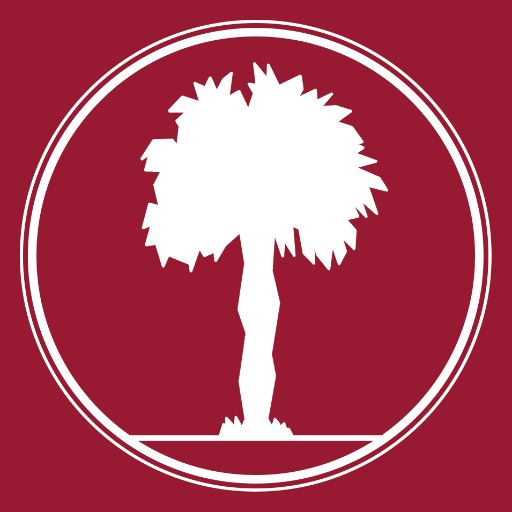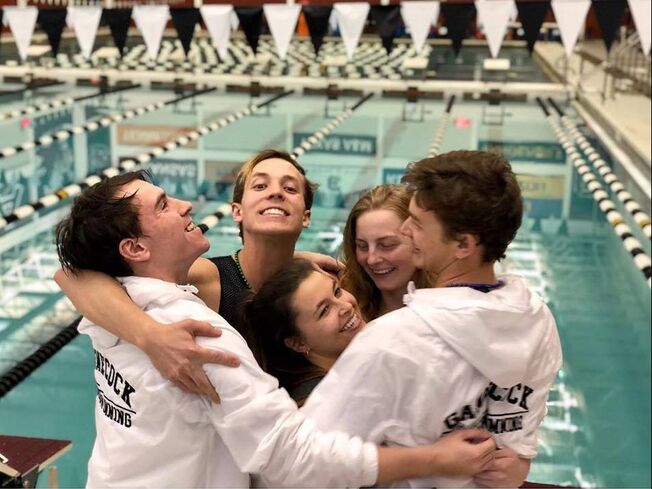The Value of Learning Outside the Classroom.
|
I believe that a majority of what I have learned during my undergraduate degree was learned outside of the classroom. These beyond the classroom experiences began my freshman year as part of the Capstone Scholars program, a two-year enrichment program "designed to provide opportunities both in and out of the classroom." This program has been an extremely important part of my college experience and played a large role in helping me find my passion for volunteering. After my two years as a Capstone Scholar finished, I applied to be a Capstone Fellow so that I could continue to be part of the Capstone community. I've attached the certificate I was awarded when I was accepted to be a Capstone Fellow below (Artifact #1). It includes our motto, "Dream big, impact the community, leave a legacy." I love this motto because it reminds us to not forget about the people around us, our community, while we work towards our dreams. A requirement of the Capstone program was to volunteer at least once a semester and then write a brief reflection about what we learned from our experience. While I was lost my freshman year, these volunteer experience opportunities and my reflections taught me how passionate I was about community service. They also taught me just how much I could learn outside of a typical classroom setting.
|
Artifact #1: Capstone Scholars Fellow Certificate.
The first time I volunteered during college was with my Capstone specific UNIV-101: The Student in the University to class. The class, which attempts to help students transition to life as a student at USC, is required by the Capstone program. Since my class was designed for Capstone Scholars, one of its main focuses was community service, a key part of the Capstone Scholars program. My class went as a group to volunteer by fixing up a home for an elderly couple in Columbia. I spent three hours with my classmates painting a kitchen and doing yard work. Initially, I did not want to go volunteer. It was extremely hot outside and I had an exam in another class the next day that I would have rather spent my time studying for. I went anyway and I'm glad that I did. It felt good to spend my time doing something productive helping other people rather than worrying about my exam. During the visit, I also met a family member of the elderly couple who was extremely optimistic and positive about life. She told me that she had really wanted to go to college but was unable to because of a learning disability. Later, when writing my reflection (Artifact #2) on the experience for UNIV-101, I realised how lucky I was to be where I am. In my reflection, I wrote "I worked hard to get here but I am also extremely aware of how easily I might not have had this opportunity if I had been born into a different family or if my situation had been different. I am hoping that any community service I partake in in the future will give me more experience and help to broaden my view on the world." Every bit of community service I have completed since I wrote that reflection, over six-hundred hours in the last three years, has given me the experience and broader world view that I hoped for freshman year.
In the fall of 2019, I took SPAN-360: Spanish for Healthcare Professionals, a Spanish class designed to cover the Spanish language and cultures of Spanish-speaking countries as they relate to healthcare professions. We learned not only about medical Spanish vocabulary but about how important it is for a healthcare professional to be culturally competent and how to acknowledge cultural differences in a way that benefits our patients. One requirement of SPAN-360 was to participate in community learning that involved at least ten hours of interactions with Hispanic patients. I was lucky enough to be able to complete my hours at the Good Samaritan Clinic, where I had already been volunteering. At the end of the semester we were asked to write a reflection (Artifact #3 ) about our community learning experience. While I had already been volunteering at the clinic, I had never taken the time to reflect on what I had been learning during all my hours there. I was able to reflect on what I had learned about the healthcare system in the U.S., Spanish-speaking patients and how they differ from American patients, and how I thought the community learning experience had affected me. This exercise reinforced my belief that I was learning a lot from my community service. However, it also revealed that I was learning a lot more than I originally thought I was. For example, although we never discussed it in class, I knew that Spanish-speaking patients often refer to diuretics, a type of blood pressure medication, as pills that get rid of water. Although diuretics do get rid of excess water, their primary purpose in healthcare is to lower a patient's blood pressure. I have never heard an English-speaking patient refer to diuretics in this way and I recognize how important it is for a healthcare provider to understand what medication a patient is referring to if they are unable to remember the specific name. During my time at the clinic, I have even been able to explain to doctors what the patient is referring to when they themselves are unable to interpret how they are describing their medication. I did not learn this extremely valuable information in a classroom, but from hearing patients use this language during triage and to doctors during my community service.
Artifact #3: SPAN-360 Reflection of Volunteer Program.
|
Outside of community service, I have had many other experiences that have taught me a great deal. This includes serving on the executive board of the Gamecock Club Swim Team. I served as Secretary of the team during my junior year and began to lead practices and help lead the team at practice and meets. This year I am the President of the team and am responsible for over a hundred and thirty swimmers. I've learned more about what it means to be a leader by leading this team than I have in any class that focused on teaching how to be a leader. I've included my meeting plan and notes from the first meeting that I led as President of the team - it illustrates the details and organisation that go into working with other people, my Executive Board and Cabinet, and running a large club (Artifact #4). I've learned more about how to carry out research by working in my lab than I have in any research oriented class. I've also learned more Spanish by talking to native speakers than I have in my nine years of Spanish classes. Experiences outside of the classroom, both in community service and in other areas, can teach you more than many in-class experiences. Although in-class experiences are important for having background knowledge and learning about various topics, in many cases you have to go out in to the real world to experience it – you can’t learn everything in the classroom.
|
| SPAN-360 Reflection |
| UNIV-101 Community Service Reflection |
| Capstone Fellows Certificate |
| Club Swim Meeting Notes #1 |


